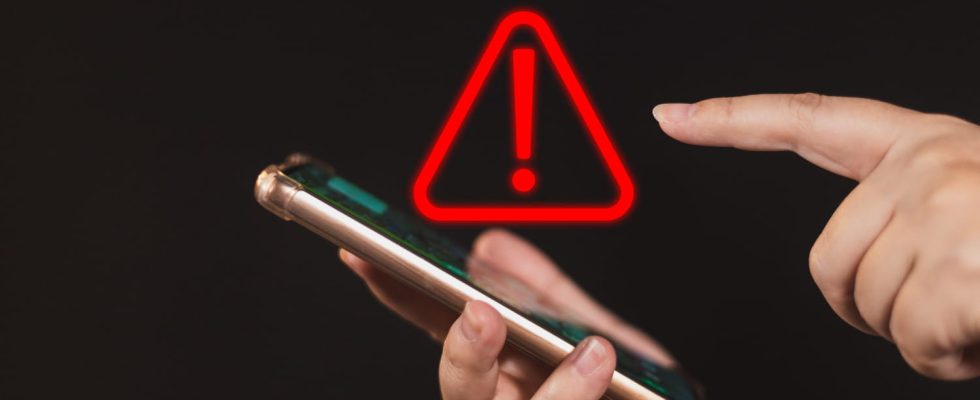A new phone scam has been reported. It seems simple but hides a formidable trick.
Your phone rings and an unknown number appears? Be suspicious. A scam from the United States has recently appeared in Europe. The alert came from Germany via a consumer association. The scam is rather easy at first glance but can have significant financial consequences, especially if you panic!
The subterfuge begins with a call from an unknown number. When you respond, the fraudster, under the guise of innocent verification, asks basic questions such as “Can you hear me?” or “Are you the owner?”. Everything then depends on your answer. You probably don’t know it, but you are then recorded. These questions seem harmless, but they hide malicious intent. The goal is to make you say “yes”, a word which, once recorded, becomes a real tool of manipulation.
Scammers record this part of the conversation and manipulate it to make it appear like you placed an order over the phone. A specialist journalist was himself targeted by a call from Brussels, which lasted only a few seconds. This case is not isolated across the Rhine. Many similar testimonies have been shared on online platforms listing fraudulent or suspicious calls.
In many cases, the unpleasant surprise arrived in the mailbox a few days later: an exorbitant bill. Scammers can then put pressure on you by insisting on your “yes” recorded during the alleged order. In Germany, some victims claim to have been threatened with being added to a bad payers’ file or having their file sent to a collection agency.
In France, there are consumer protections. The law normally requires you to state that a conversation is being recorded, often through an automated message at the start of the call. Acceptance of an offer during a cold calling telephone call must be followed by physical proof, for example the receipt of an order confirmation letter, by letter or by email. It is only after signing it that you are committed according to article L. 221-16 of the Consumer Code. You also have 14 days of withdrawal rights.
There are a few tips to remember to protect yourself. Always be skeptical of unknown callers and avoid answering “yes” even to seemingly innocuous questions. If someone asks you “Can you hear me well?”, answer “I can hear you perfectly” rather than “yes”. Avoid giving out personal information. If the call seems suspicious, the best defense is to hang up.
What should you do if you think you have been a victim of this scam? It is crucial not to panic. Check for written evidence of the alleged order and do not sign anything under pressure. Above all, you should not pay the invoice received. Finally, in case of doubt or pressure, do not hesitate to contact a consumer association or the police for help.
